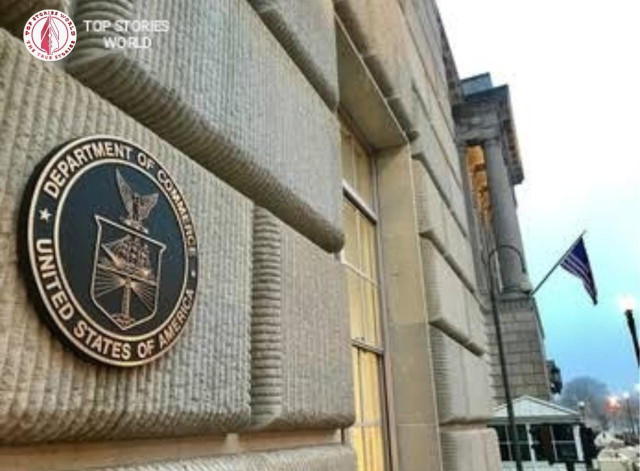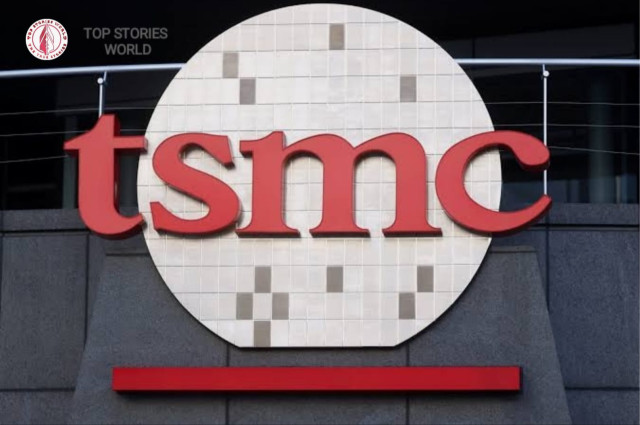South Korean and Taiwanese Chipmakers Concerned Over US Subsidy Criteria for Semiconductor Industry Expansion
- Posted on March 30, 2023
- News
- By TSW NEWS DESK
- 406 Views
South Korean and Taiwanese chipmakers have expressed concern over the US government's new subsidy criteria, which could impact their ability to receive financial support from Washington to expand their semiconductor production capacity.

The US Commerce Department recently proposed changes to its subsidy criteria, which would require companies to have significant operations in the US in order to qualify for subsidies. The move comes amid concerns about the US's dependence on foreign-made chips, which has been highlighted by the global shortage of semiconductors that has hit industries from automotive to consumer electronics.
South Korean chip giant Samsung Electronics and Taiwan Semiconductor Manufacturing Co (TSMC), the world's largest contract chipmaker, have raised concerns about the changes, saying they could hurt their ability to compete globally.

Samsung, which has a major presence in the
US, said it was "reviewing" the proposed changes and would
"engage with the US government to ensure a level playing field." The
company is already investing $17 billion in a new chip plant in the US state of
Texas, which is expected to be operational by the end of 2022.
TSMC, which supplies chips to major tech
companies including Apple and Qualcomm, said the proposed changes could have a
"negative impact" on its global competitiveness. The company has a
limited presence in the US, with a research and development center in Silicon
Valley and a chip-packaging facility in Washington state.
"We will continue to work with the US
government to seek a resolution that supports the development of the
semiconductor industry," TSMC said in a statement.
The proposed changes have also drawn criticism from US lawmakers, who say they could hurt US chipmakers' ability to compete with foreign rivals. Some lawmakers have called for more funding for domestic chip production, rather than changes to subsidy criteria.

The US government has been pushing to boost
domestic semiconductor production as part of efforts to shore up national
security and reduce reliance on foreign-made chips. President Biden recently
signed an executive order aimed at addressing the semiconductor shortage and
boosting domestic production.
The proposed changes to subsidy criteria
are part of a broader effort to strengthen supply chains and reduce reliance on
foreign-made goods in critical industries. The changes are currently under
review and could be finalized later this year.
In the meantime, chipmakers around the
world will be closely watching the developments and lobbying for changes that
will support their competitiveness and ability to meet growing demand for
semiconductors.
For more updates keep visiting our
website www.topstoriesworld.com where we provide unbiased, true and top stories
of the world.




